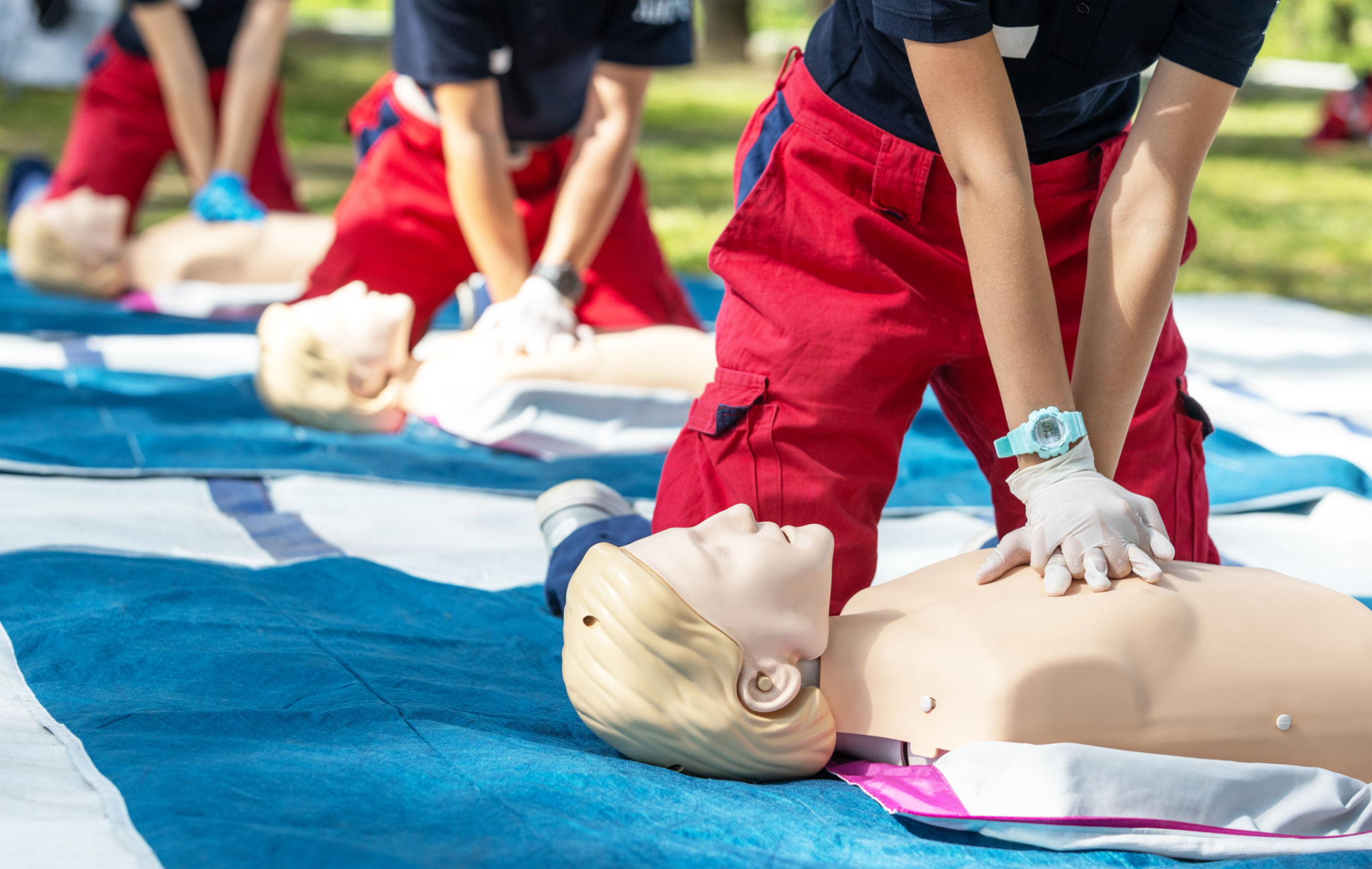Top Misconceptions About Basic Life Support: What Every Osage City Resident Should Know
Understanding Basic Life Support
Basic Life Support (BLS) is a critical skill set that can make the difference between life and death in emergency situations. Despite its importance, many people hold misconceptions about what BLS entails and who can perform it. By dispelling these myths, Osage City residents can be better prepared to respond effectively in critical moments.

Myth 1: Only Medical Professionals Can Perform BLS
One of the most common misconceptions is that only doctors and nurses can perform BLS. In reality, anyone can learn these life-saving techniques. BLS training is accessible to all, from high school students to community volunteers. By equipping more people with these skills, communities become safer and more resilient.
Myth 2: BLS Is Only About CPR
While cardiopulmonary resuscitation (CPR) is a crucial component of BLS, it's not the only element. BLS also includes techniques like using an automated external defibrillator (AED) and managing choking incidents. These comprehensive skills ensure that the responder can handle various emergencies effectively.

Myth 3: BLS Training Is Time-Consuming and Complicated
Many believe that obtaining a BLS certification requires extensive time and effort, which deters them from pursuing training. However, most BLS courses are designed to be concise and straightforward, often completed in just a few hours. Additionally, these courses use hands-on practice and real-life scenarios to simplify understanding.
Myth 4: You Can’t Do Harm with BLS
A fear of causing harm can prevent people from intervening in emergencies. While it is essential to follow proper guidelines, it's more harmful to do nothing at all. The primary goal of BLS is to maintain blood flow to vital organs until professional medical help arrives. Attempting to help, even imperfectly, can be life-saving.

The Importance of Regular Refresher Courses
Another overlooked aspect is the need for regular refresher courses. Skills can fade over time, and medical guidelines evolve. By staying updated with the latest practices through periodic training, individuals ensure they are always prepared to act swiftly and accurately in emergencies.
Encouraging Community Involvement
Building a community where everyone feels empowered to act during emergencies is vital. Local organizations and schools in Osage City can play a pivotal role by offering regular BLS workshops. Encouraging participation not only boosts individual confidence but also strengthens community bonds.
Conclusion: Knowledge is Power
Dispelling myths about Basic Life Support is crucial for enhancing public safety. By understanding the true nature of BLS and committing to learning these invaluable skills, Osage City residents can contribute significantly to community well-being. Remember, the more people equipped with BLS knowledge, the safer everyone becomes.